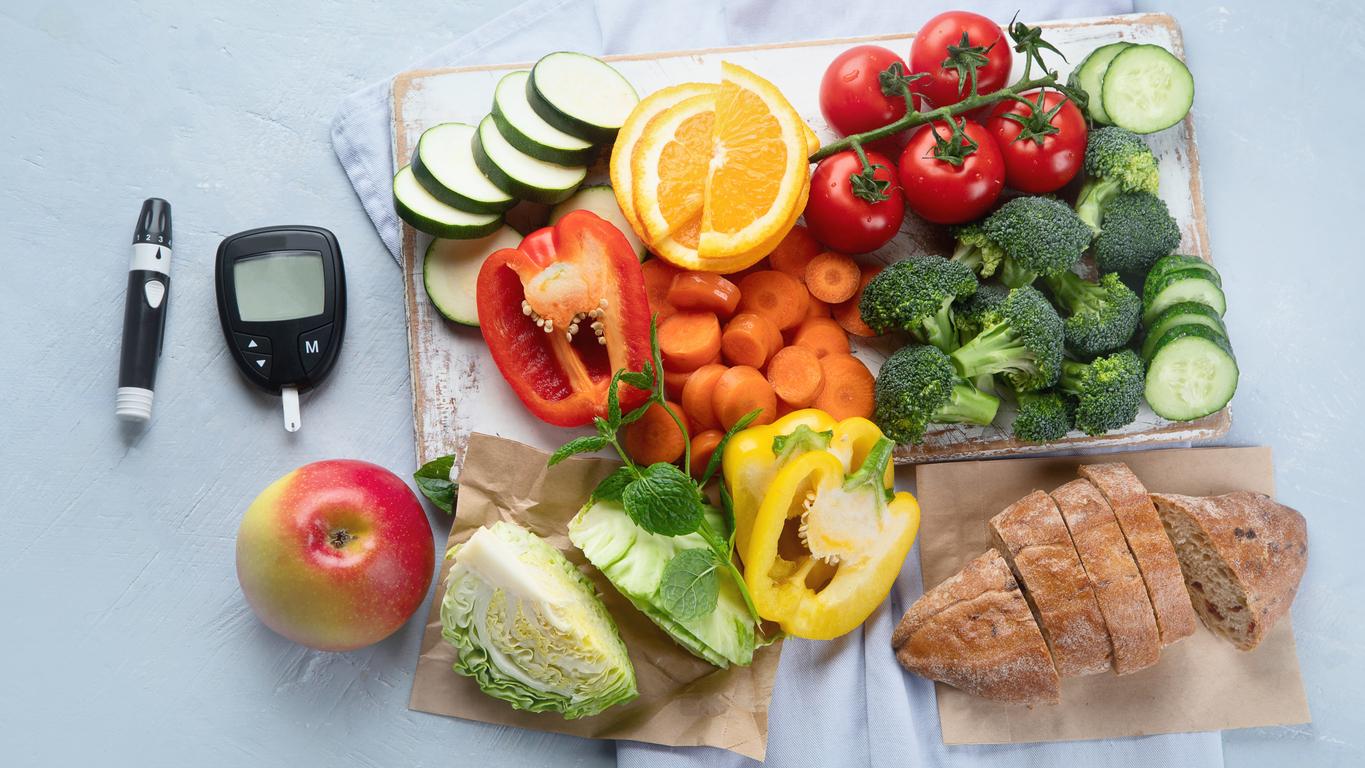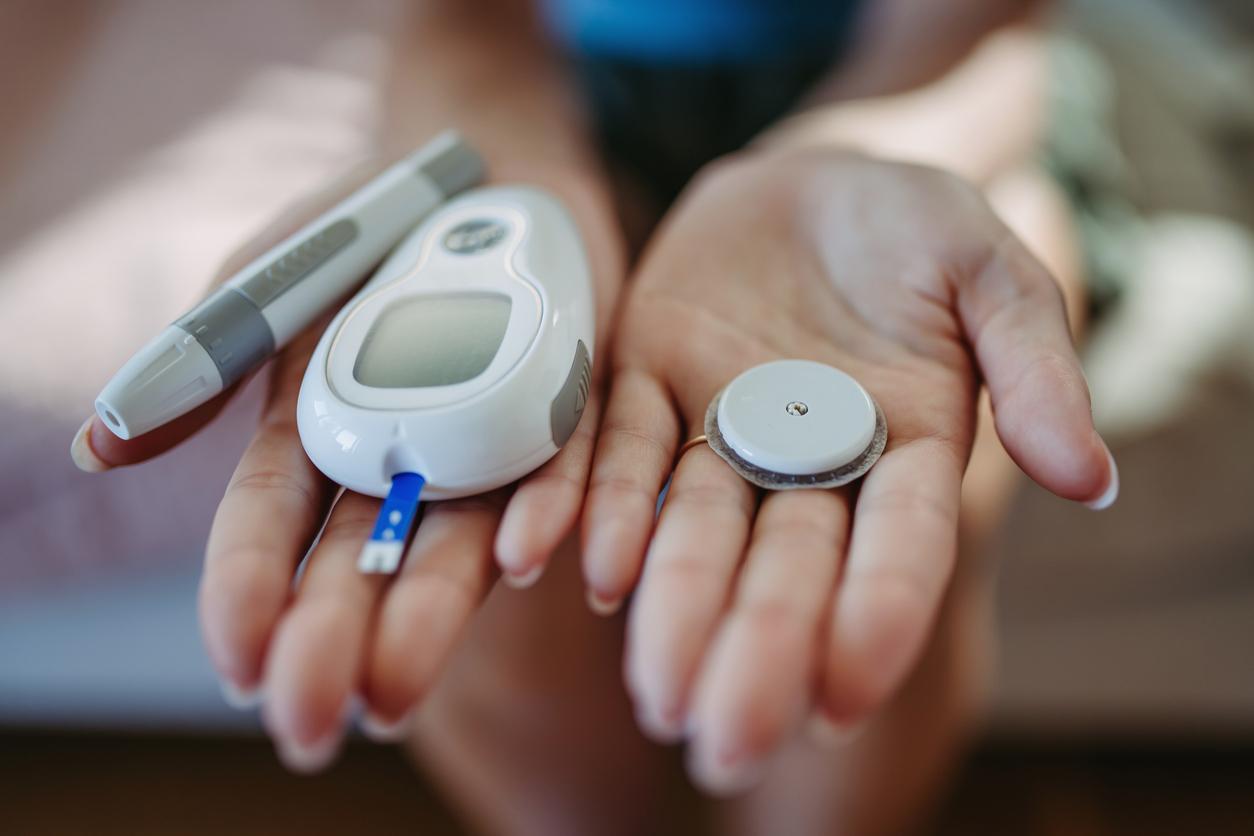Strict recommendations for storing insulin (a drug used to treat diabetes) are sometimes difficult to follow, especially when living and traveling in hot countries. This is because, according to current pharmaceutical protocol, unopened insulin vials should be stored in a refrigerator (2–8 ° C), while storage at room temperature (25–30 ° C) is permitted for opened vials for 4 weeks.
“This is obviously a problem in the refugee camps where temperatures are hotter than that, where families do not have a refrigerator,” explains Philippa Boulle, non-communicable disease advisor at Doctors Without Borders. MSF and the University of Geneva (Switzerland) therefore wanted to study the effects of temperature changes on the effectiveness of insulin. The results of their study have just been published on Plos One.
Insulin remains stable between 25 and 37 ° C
Doctors Without Borders has recorded temperatures in Dagahaley refugee camp in northern Kenya, ranging from 25 ° C at night to 37 ° C during the day. These temperature swings have been reproduced in a lab for 4 weeks, the time it usually takes a diabetic to finish a vial of insulin, to check the thermal stability of the drug. The results showed that “the stability of insulin stored under these conditions is the same as that of cold-stored insulin, with no impact on efficacy,” the researchers said.
These results “make it possible to eliminate the barrier of the cold room during use, thus opening the prospect of easier management of diabetes in humanitarian contexts and resource-poor environments” underlines MSF.
Source:
- Heat-stability study of various insulin types in tropical temperature conditions: New insights towards improving diabetes care, February 2021, Plos One
Read also :
- Diabetes: 4 innovations in preparation
- Diabetic for 40 years, thanks to sport I’m fine
- Diabetes: what can we eat for breakfast?


















